From Aretha Franklin to Jay-Z: the evolution of pop
Scientific study of pop genealogy pinpoints the three years that revolutionised music
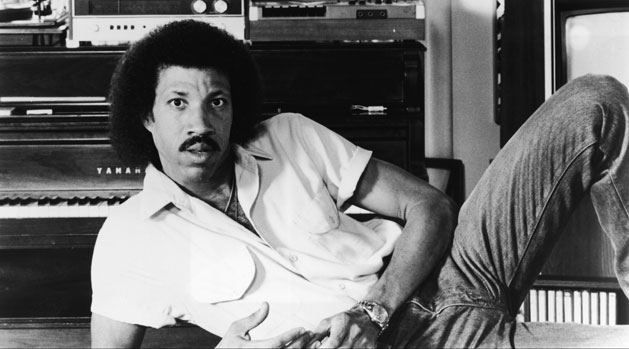
A free daily email with the biggest news stories of the day – and the best features from TheWeek.com
You are now subscribed
Your newsletter sign-up was successful
Scientists have created an evolutionary history of pop music, analysing 17,000 songs from America's Billboard charts to identify a series of major musical breakthroughs in the 1960s, 1980s and early 1990s.
The study, conducted by researchers from Queen Mary University of London and Imperial College London, found three musical revolutions, in 1964, 1983 and 1991, and concluded that the introduction of rap music and hip hop in the early 90s was "the single most important event that has shaped the musical structure of the American charts."
According to the BBC, the researchers – led by computer scientist Matthias Mauch –"looked at the different characteristics of music, including harmony, chords changes and timbres (the tonal quality of the music), and then analysed how they changed over time."
The Week
Escape your echo chamber. Get the facts behind the news, plus analysis from multiple perspectives.

Sign up for The Week's Free Newsletters
From our morning news briefing to a weekly Good News Newsletter, get the best of The Week delivered directly to your inbox.
From our morning news briefing to a weekly Good News Newsletter, get the best of The Week delivered directly to your inbox.
By combining this data with the musical tagging system of internet radio giant Last.fm, Scientific American says the group was able to "create a musical fossil record to tease out trends about musical evolution over time. "
In the wake of the Blurred Lines court case, the work also allowed the group to look at the homogenisation of chart records and track the diversity of pop music over time. As PBS reports, the team found that "pop music mimicked how life evolved on Earth."
"Original formulations by Charles Darwin assumed a constant rate of evolution, where everything changes in small steps. That turned out to be slightly false, as 20th century biologists recognized that life on Earth is punctuated by bursts of very fast rates of evolution," Mauch said. "And it appears that pop music follows the same pattern".

The first of these "bursts of evolution" occurred in 1964 when the so-called "British Invasion" of the American charts took place. The Beatles' appearance on the Ed Sullivan show provoked mass hysteria among listeners of a certain age, but according to The Independent, "the report says the groups' musical style merely exaggerated existing trends... towards increased use of major chords and decreased use of 'bright' speech and increased guitar-driven aggression and decreased use of mellow vocals".
A free daily email with the biggest news stories of the day – and the best features from TheWeek.com

The second revolution came in 1983, when acts such as Dexys Midnight Runners and the Eurythmics topped the charts as "synthpop, soul and doo-wop rubbed shoulders with Lionel Richie's All Night Long, which incorporated Caribbean influences alongside funk." According to the study, the 1980s also saw the greatest homogenisation of music, with 1986 singled out by the authors as "the year chart-topping songs sounded most alike."

The last big change resulted from the transition of hip hop and rap into the mainstream in 1991. "The third revolution is the biggest," explained Mauch. "The emphasis is on speech sounds and rhythm. This was a real revolution: suddenly it was possible that you had a pop song without harmony." Typified by the rap of Freedom Williams in CC Music Factory's Gonna Make You Sweat and the work of A Tribe Called Quest, Ice Cube and Naughty by Nature, 1991 was a breakthrough year for pop music that relied on very few chords.
Phys.org says that Mauch is aware of the study's limitations. "No doubt some will disagree with our scientific approach and think it's too limited for such an emotional subject but I think we can add to the wonder of music by learning more about it," he says. "We want to analyse more music from more periods in more countries and build a comprehensive picture of how music evolves."
-
 What to know before filing your own taxes for the first time
What to know before filing your own taxes for the first timethe explainer Tackle this financial milestone with confidence
-
 The biggest box office flops of the 21st century
The biggest box office flops of the 21st centuryin depth Unnecessary remakes and turgid, expensive CGI-fests highlight this list of these most notorious box-office losers
-
 What are the best investments for beginners?
What are the best investments for beginners?The Explainer Stocks and ETFs and bonds, oh my
-
 Book Review: 'Yoko: A Biography' and 'Ghosts of Iron Mountain: The Hoax of the Century, Its Enduring Impact, and What It Reveals About America Today'
Book Review: 'Yoko: A Biography' and 'Ghosts of Iron Mountain: The Hoax of the Century, Its Enduring Impact, and What It Reveals About America Today'Feature The woman who shaped the Beatles and how the hoax of 'Report From Iron Mountain' fueled conspiracy theories
-
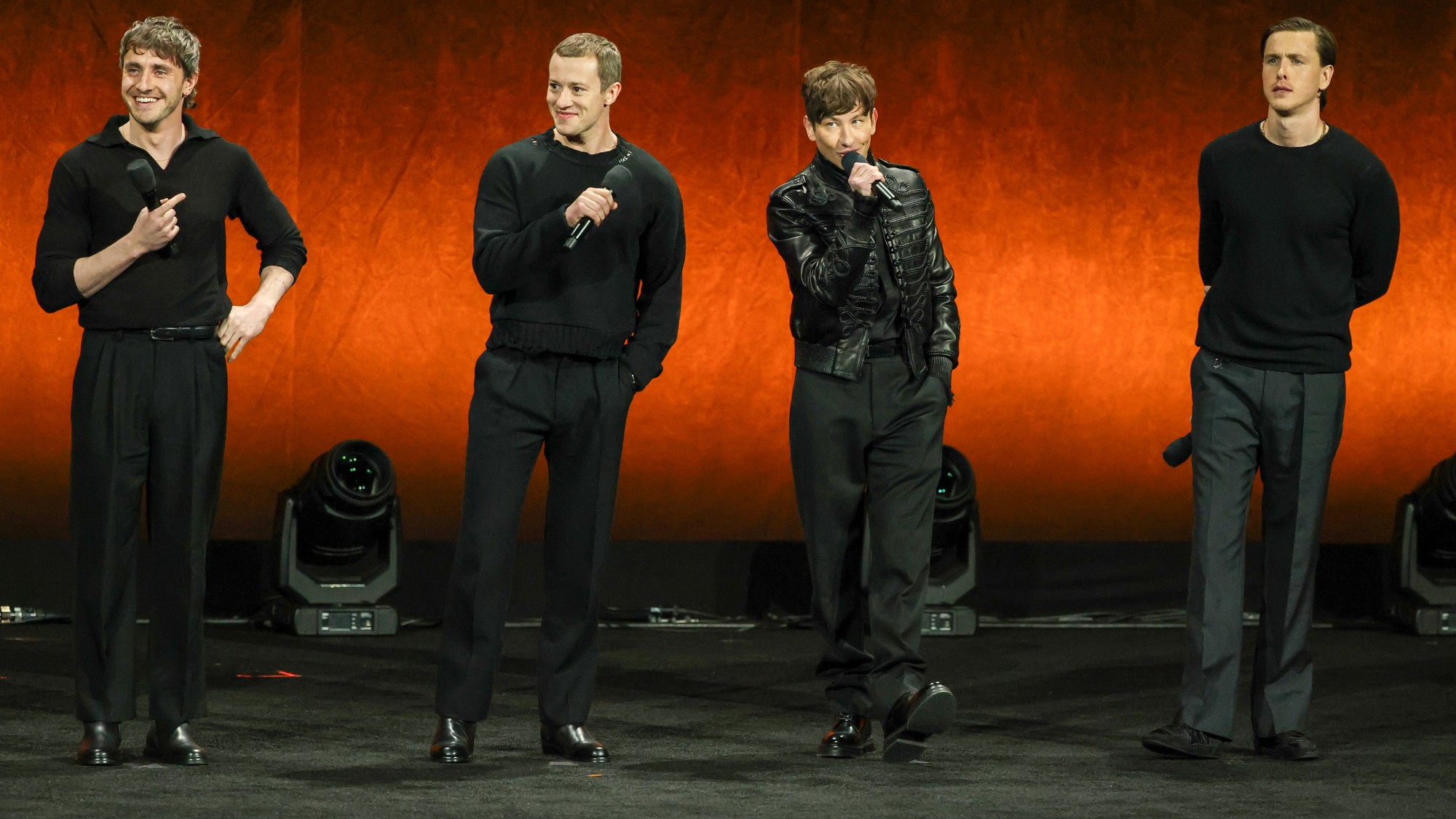 Help! Do we really need four Beatles biopics?
Help! Do we really need four Beatles biopics?Talking Point The cast of Sam Mendes' Beatles biopics has been announced
-
 Taylor Swift vs. The Beatles: who's bigger?
Taylor Swift vs. The Beatles: who's bigger?In the Spotlight With US megastar's 'Eras' tour arriving in Liverpool, comparisons to the Fab Four and Beatlemania abound
-
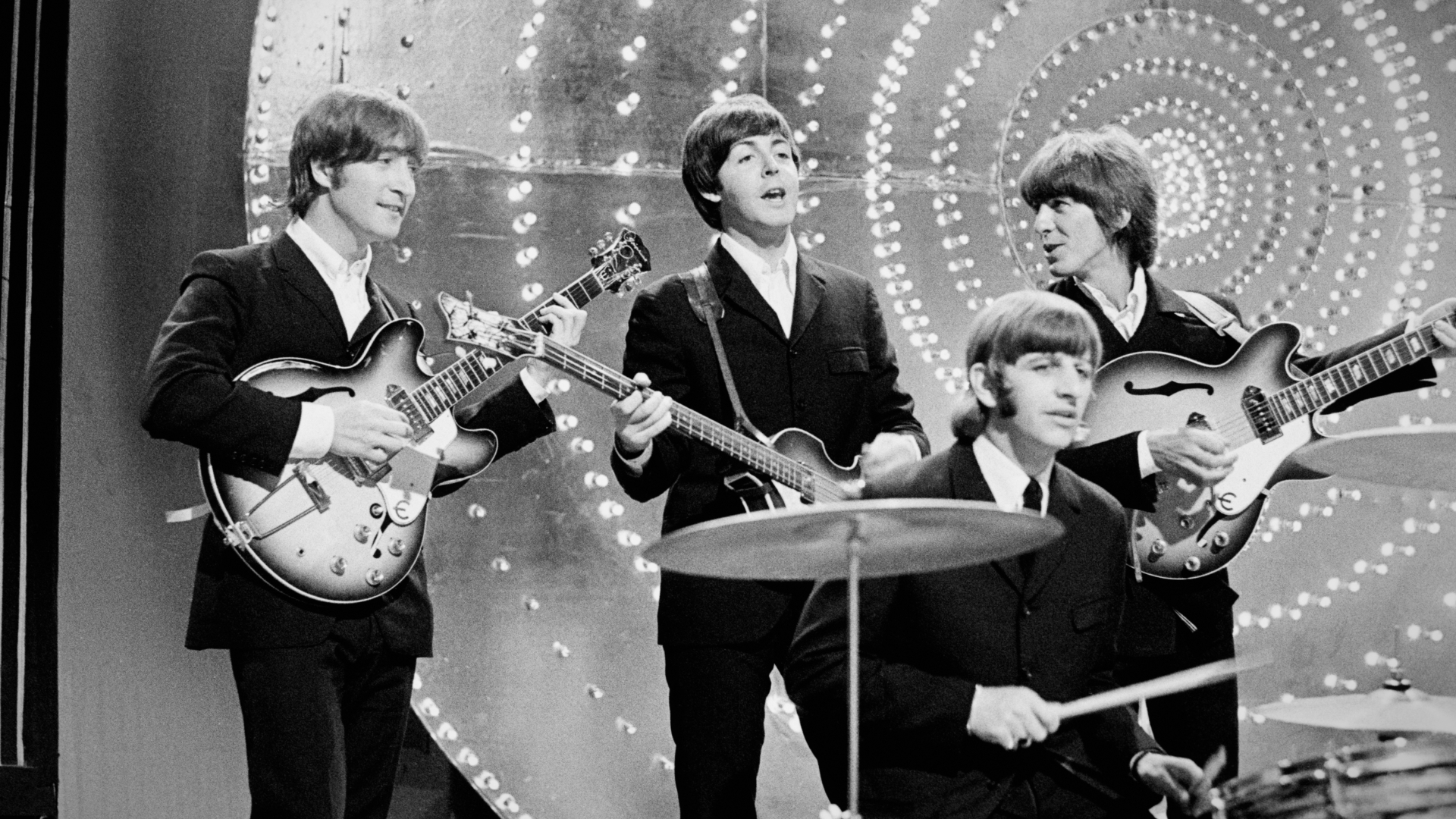 The Beatles are getting 4 intersecting biopics
The Beatles are getting 4 intersecting biopicsSpeed Read Director Sam Mendes is making four separate movies, each told from the perspective of one band member
-
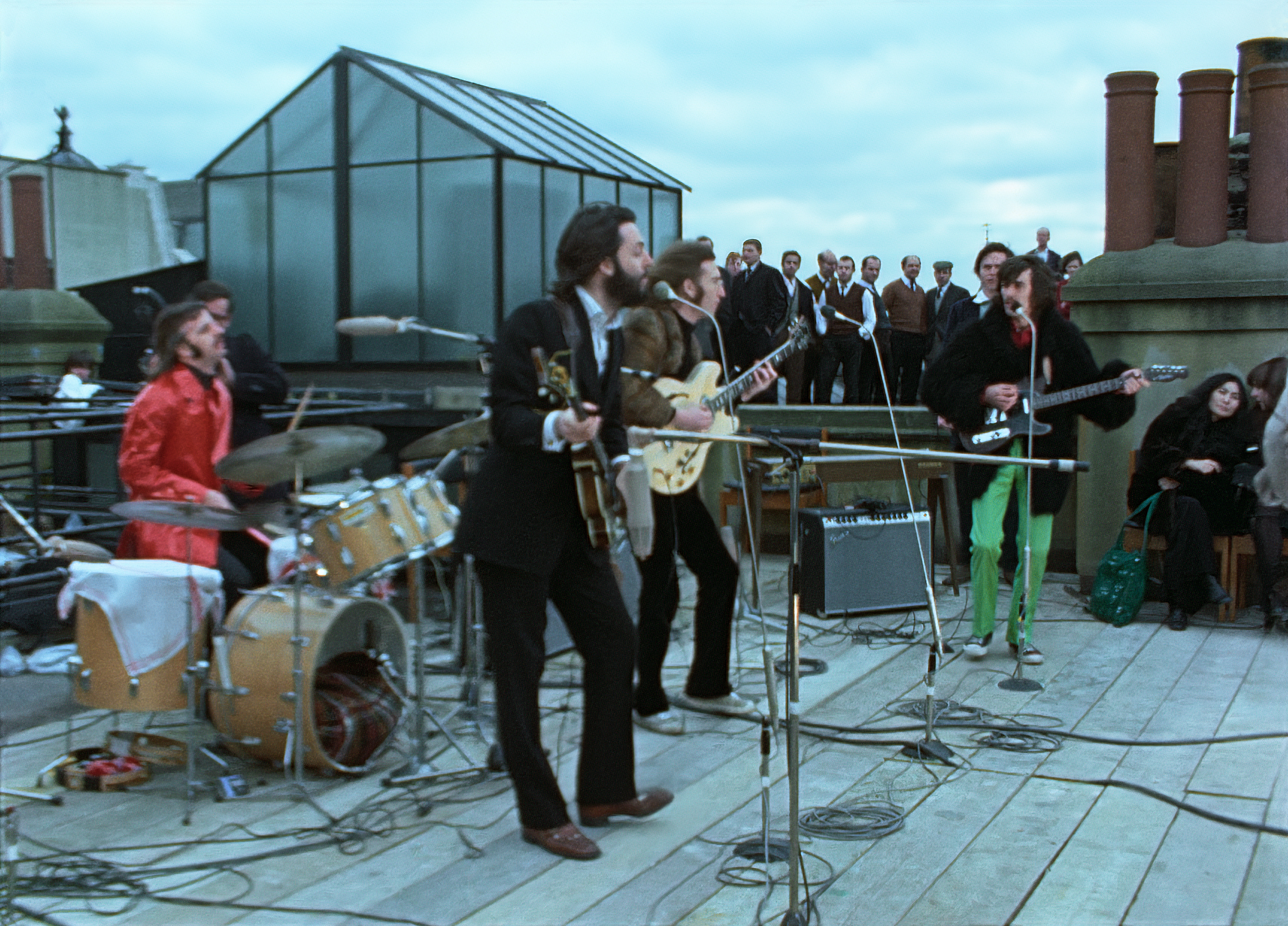 The Beatles: Get Back – does Peter Jackson’s documentary live up to the hype?
The Beatles: Get Back – does Peter Jackson’s documentary live up to the hype?The Week Recommends Eight-hour docuseries features unseen footage from more than half a century ago
-
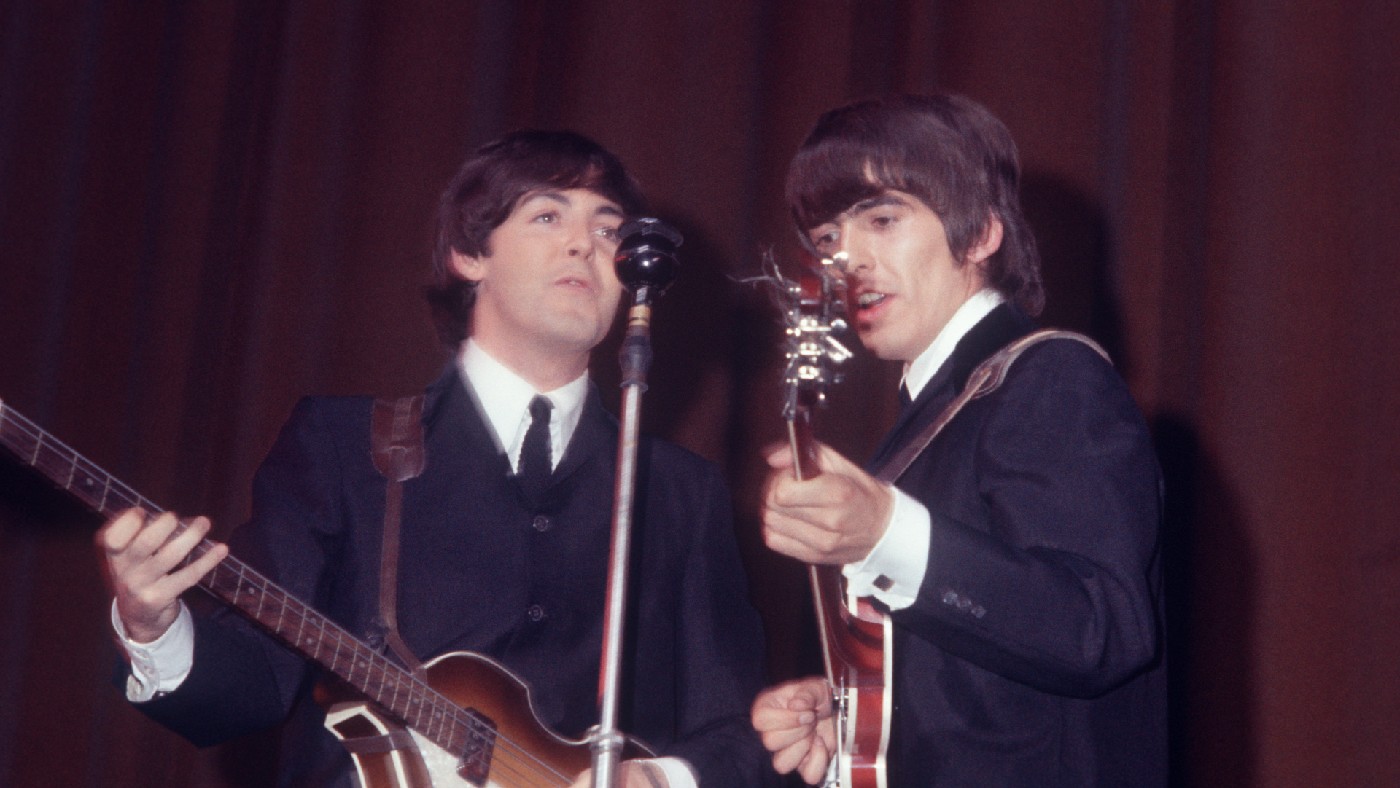 Book of the week: The Lyrics by Paul McCartney
Book of the week: The Lyrics by Paul McCartneyThe Week Recommends McCartney’s charming delve into his back catalogue is the ‘closest to an autobiography we’ll get’
-
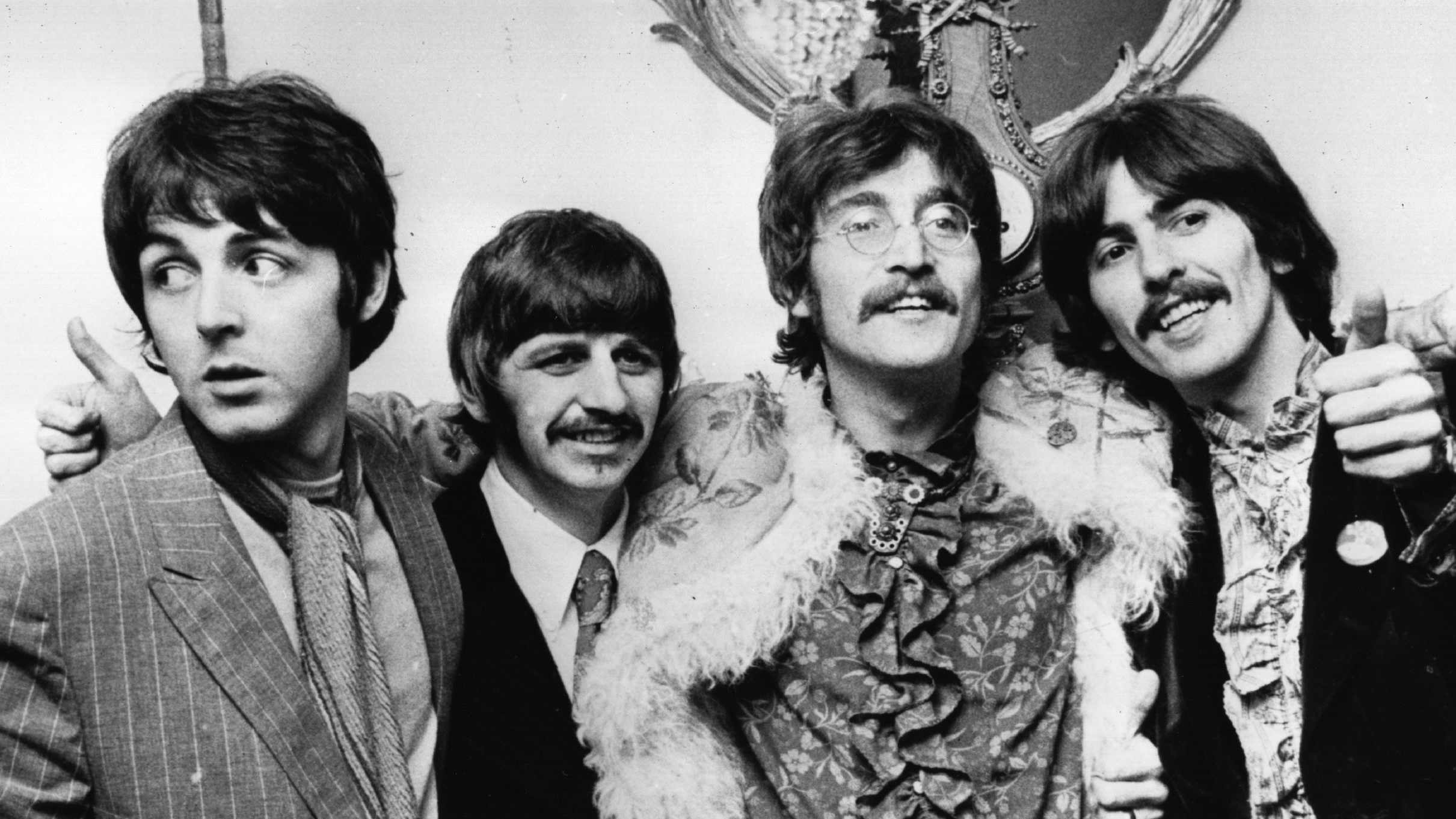 Behind the Beatles’s breakup
Behind the Beatles’s breakupIn Depth Handwritten lyrics to Hey Jude sell for £730,000 in auction to mark 50 years since the band broke up
-
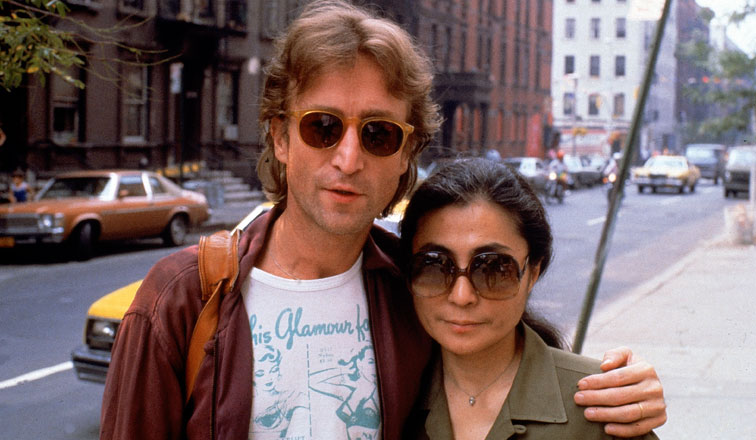 How did John Lennon die?
How did John Lennon die?Speed Read This weekend marks 38 years since the death of the Beatles star